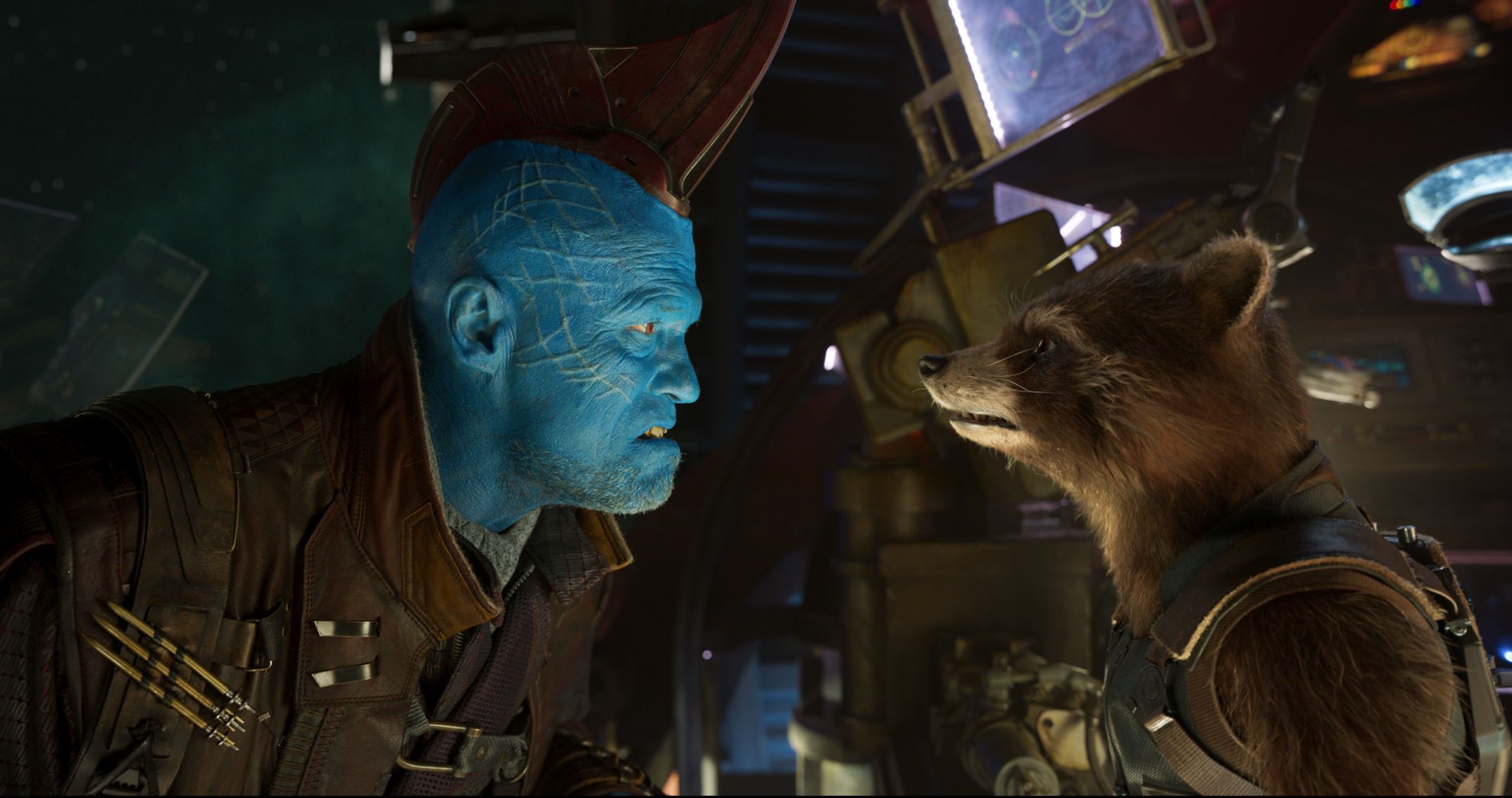Ridley Scott returned to the “Alien”
franchise with his 2012 prequel “Prometheus,” showing that the veteran Hollywood director still had
a love for monumental science fiction storytelling and an eye for evocative
imagery. Yet the viewers who were waiting decades to know more about the
origins of 1979’s “Alien” were left with a handsome production undercut by a messy
screenplay by writer Damon Lindelof that only teased an explanation, while
leaving more questions to be answered. Hopes
that this year’s “Alien Covenant” would finally tie the narrative threads together
are hopes to be had in vain, as this latest installment ventures down another lateral
tangent that further broadens the mythology.
Much like the first third of the
original “Alien,” “Covenant” sends another crew of explorers to an uncharted
planet after receiving a fuzzed-out message by Elizabeth Shaw (Noomi Rapace),
the lost survivor of the Prometheus ship. This traveling colony, having
recently suffered from an electrical storm that killed many of their
inhabitants in hyper-sleep, decides to change course to see if this mysterious
planet can support human life. Aboard the vessel is their self-doubting, proudly
religious Captain Oram (Billy Crudup), who’s insisting they take the risk to
save time, while second-in-command officer Daniels (Katherine Waterston) has just
lost her husband in the devastating accident and wants the Covenant to stay on
course. Once a pod of explorers is sent
down to investigate the earth-like sphere, the crew discovers a biological
terror they weren’t prepared to deal with.
Rounding out the cast is Danny
McBride as red-neck pilot Tennessee, Amy Seimets as his wife Faris, Damian
Birchir as Lope, and Michael Fassbender as the group’s resident android Walter.
They’re many other smaller performances
in the picture and characters to be named, including an oddly short James
Franco cameo, but John Logan and Dante Harper’s screenplay relegates most of
these roles to serving the story as faceless creature-feature fodder and these extra
crew members barely peak out of the movie’s larger obsession with awkwardly-paced,
talky scenes of needless exposition.
While the initial introduction to
this crew in mourning is an interesting place to begin a darker more sorrowful tone,
the movie ultimately lacks the humanity and soul it needs to inform this choice.
Instead, the film abandons this set-up and moves on to other concerns. The final
moments of “Alien Covenant” contains a traditional attack sequence that feels
tired and familiar by the time we get there and superfluous after an hour and
forty minutes of exhausting scenes of cave-dwelling, interspersed with mindless
attempts at shock
Longtime fans that are curious to see
how Scott expands the Alien mythos will likely be divided on the Covenant’s retroactive
continuity, as it seems to disregard a lot of speciation rules from the previous
installments that followed writer Dan O’Bannon’s original “Alien.” In its place,
we are introduced to various forms of alien spores, white monkey-looking
creatures that burst out of people’s backs and early forms of the classic eggs
and face-huggers. People new to the franchise will and should be totally lost
in this minutia and those trying to follow along may need to create a
complicated flow-chart to connect all the disparate creatures into one lineage.
Whereas the original alien-lifecycle was once elegant and believable, O’Bannon’s
simple mythology has now been muddied by two prequels that let the overarching thematic
concerns and a handful of bad ideas overtake the storytelling. This installment in particular is somehow both
overreaching and lazy in its execution.
Like “Prometheus,” Michael
Fassbender’s duel performance as the androids Walter and David steal the show;
though within these scenes, the film’s divergence into highfalutin discussions
about life, grief, religion, creation, obsession and flute playing loosens the necessary
narrative tension for the movie to work as an effective thriller. Most of the
monster attack scenes are only sprinkled in to remind us that this pre-sequel
is still related to the known franchise, but the overall structure of the
picture is compromised by wasted performances by otherwise good actors,
under-rendered CGI, moments of ponderous meditation on themes that are never
fully realized and rushed sequences of unearned gore.
Grade: D+
Originally Published in the Idaho State Journal/May-2017\
Listen to this week's episode of Jabber and the Drone to hear more conversation about "Alien Covenant"


